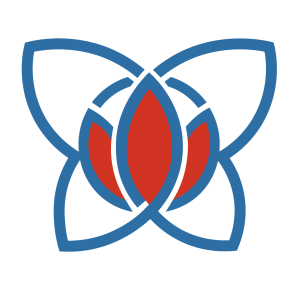YES, NO, MAYBE: Decision making
Decision-making is a process of choosing between different options or courses of action, including the option of doing nothing. Different types of decisions range from automatic, programmed decisions to more intensive nonprogrammed decisions.
1. Few important points about the decision making
Decision-making can be done individually or with the help of others, such as through consulting or voting. Good decision-making is an important skill for leaders, and teams working on the development and reviving of the ecovillage networks.
Tools and strategies for decision-making are ways to assist people or groups in making wise choices. These instruments and methods may change depending on the circumstance and the choice that needs to be made. Brainstorming, SWOT analysis, cost-benefit analysis, decision trees, and pilot plans are a few popular tools and methods for making decisions that can be adapted to the networks.
But how do new CHOICES emerge? Fresh choices arise when new alternatives become available. For instance, if you're unaware of an alternative, how can you select it?
As ecovillage national networks are decentralized groups with various local chapters and groups around the world. Each local group may employ different decision-making tools based on their specific needs and preferences. However, there are some common decision-making tools and principles often associated with a network's organizational approach:
- Consensus Decision Making: employing a consensus-based decision-making process, where decisions are made collectively, and everyone's input is taken into account. This approach aims to ensure that all voices are heard, and decisions have broad support within the group.
- Working Groups: local groups typically form various working groups that focus on specific areas, such as outreach, media, actions, or strategy. Each working group may have its decision-making process tailored to its needs while aligning with the movement's overall principles.
- Open Assemblies: Networks promote open assemblies where members come together to discuss and decide on key issues collectively. These assemblies provide a space for transparent decision-making and allow for participation from all members.
- "Holacracy" Principles: Some ecovillage groups draw inspiration from "holacracy," an organizational framework that aims to distribute decision-making authority throughout the organization rather than relying on traditional hierarchical structures.
- Non-Hierarchical Structure: The ecovillage movement emphasizes a non-hierarchical structure, avoiding centralized leadership. Decision-making is intended to be decentralized, allowing for local autonomy while still aligning with the movement's core principles.
- Consistent Principles and Demands: While local groups may have some flexibility in their decision-making processes, they generally adhere to ecovillage network overall principles and demands related to sustainable living and environmental protection.
